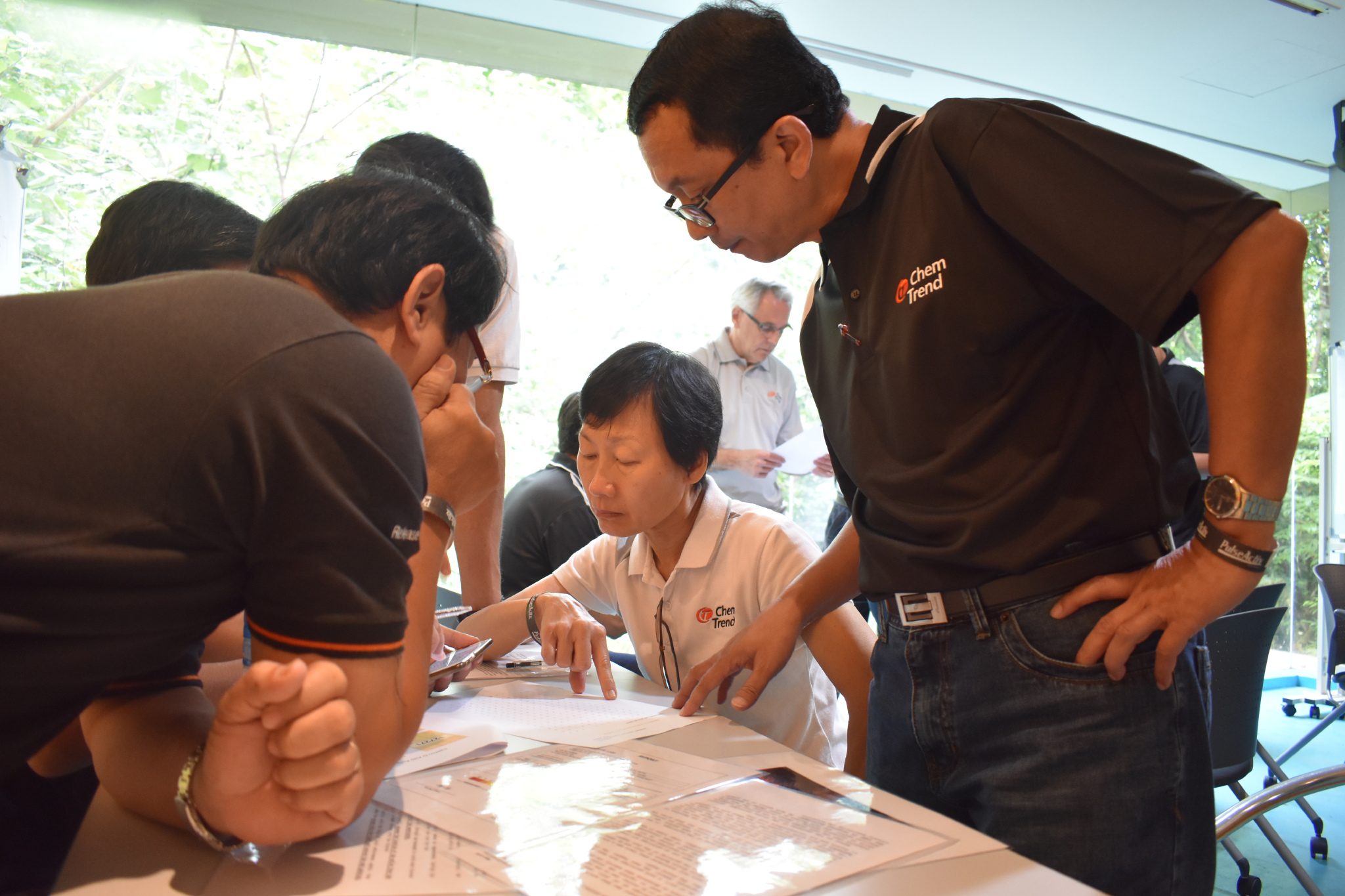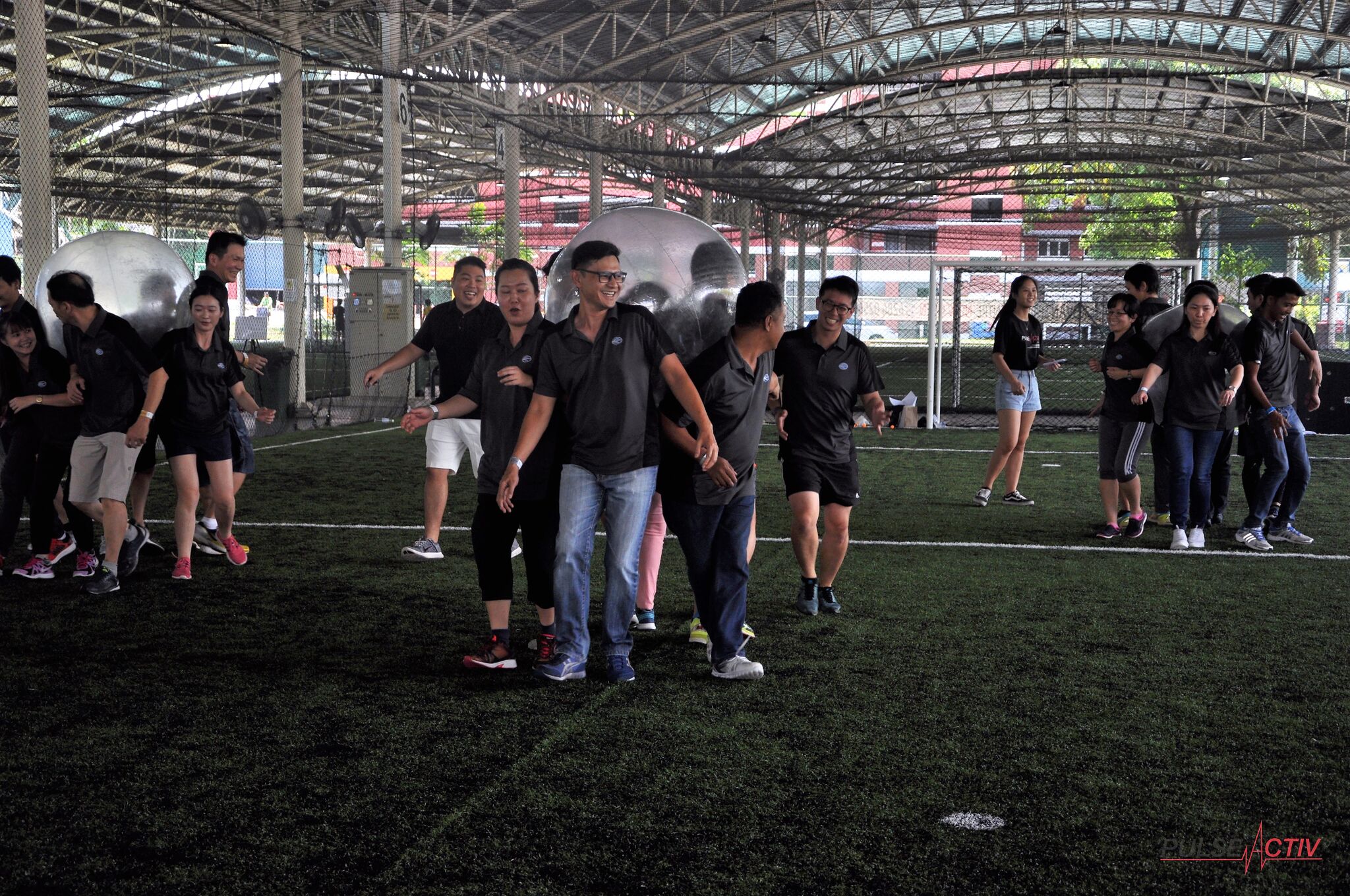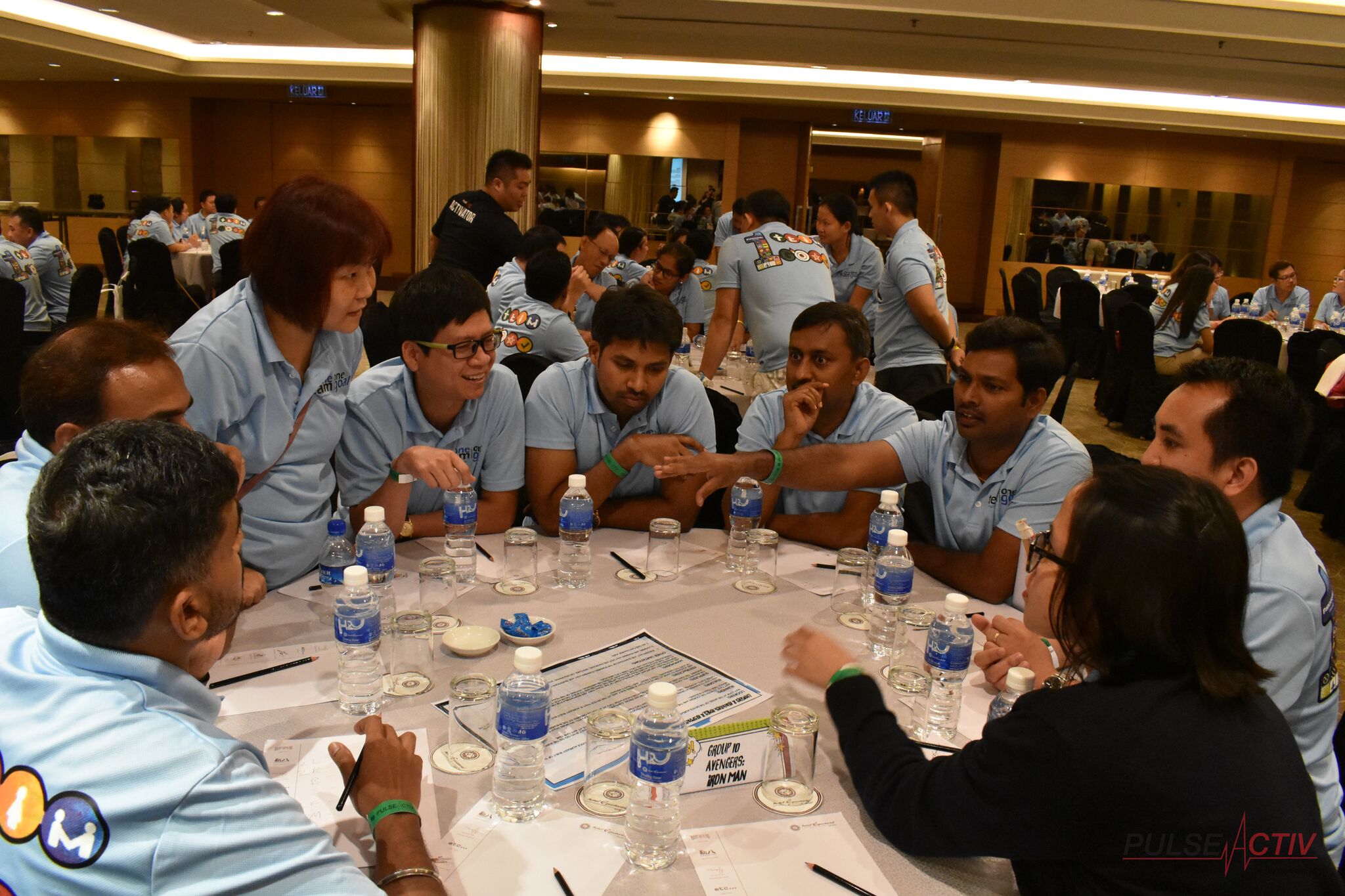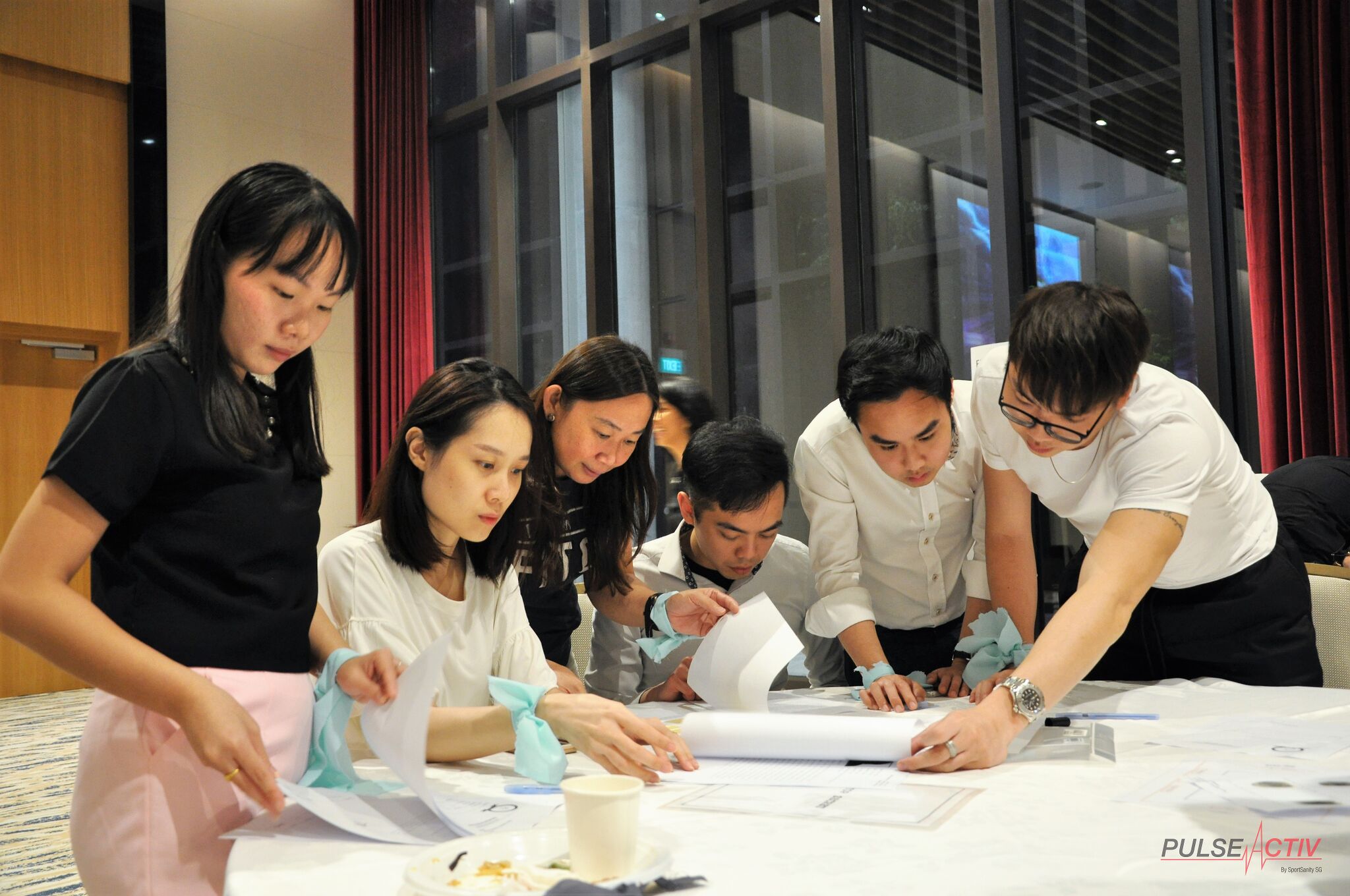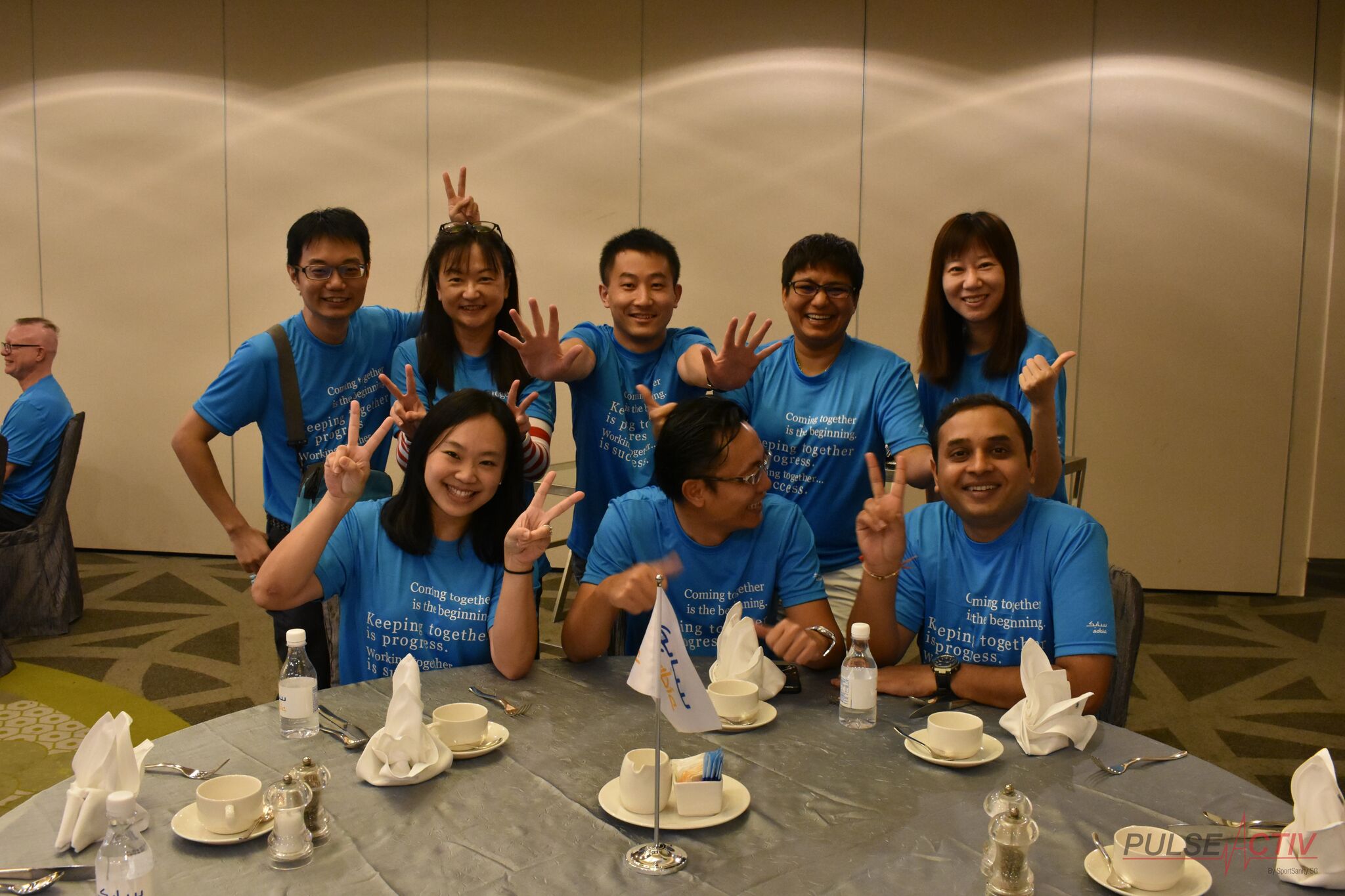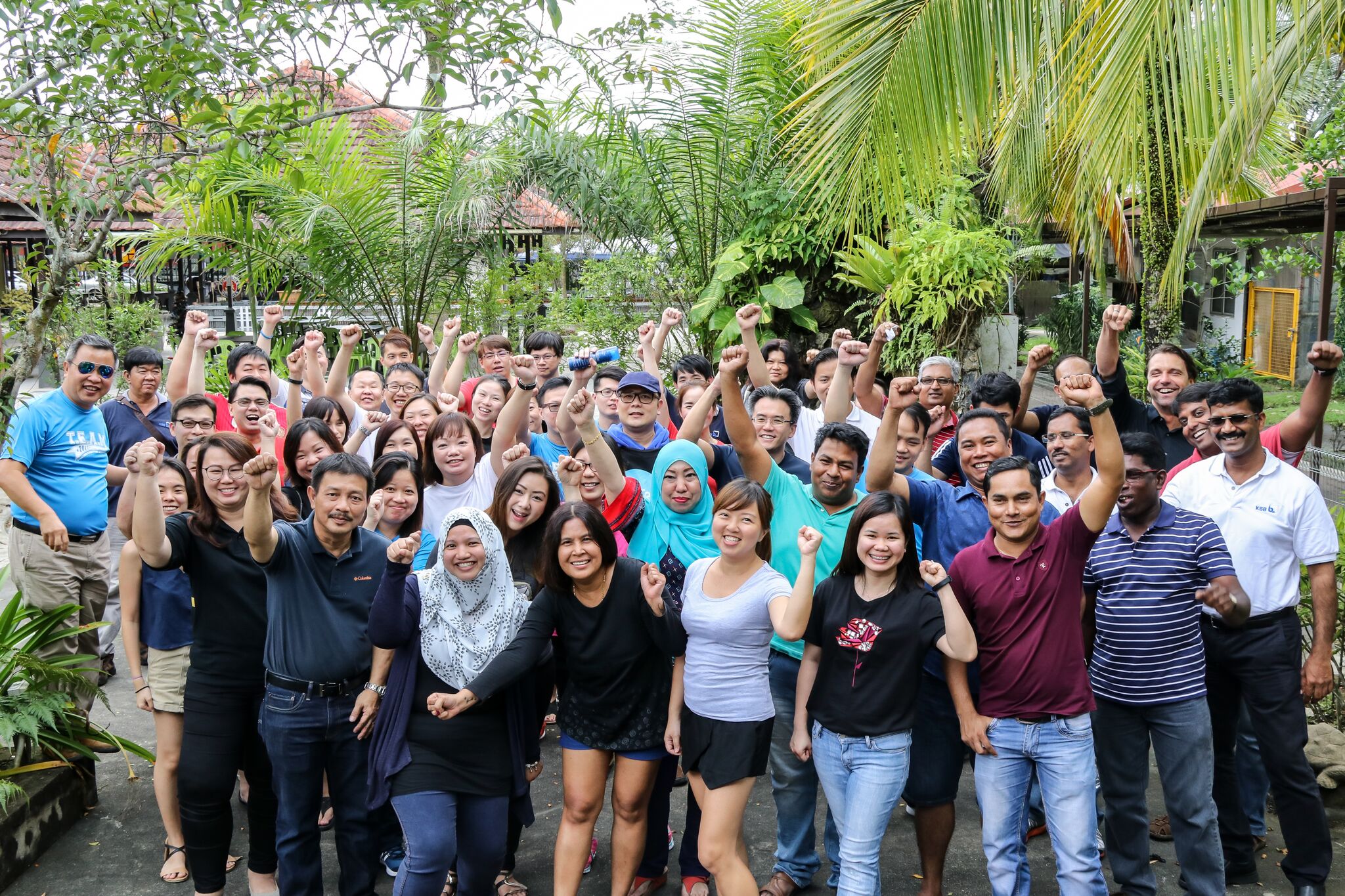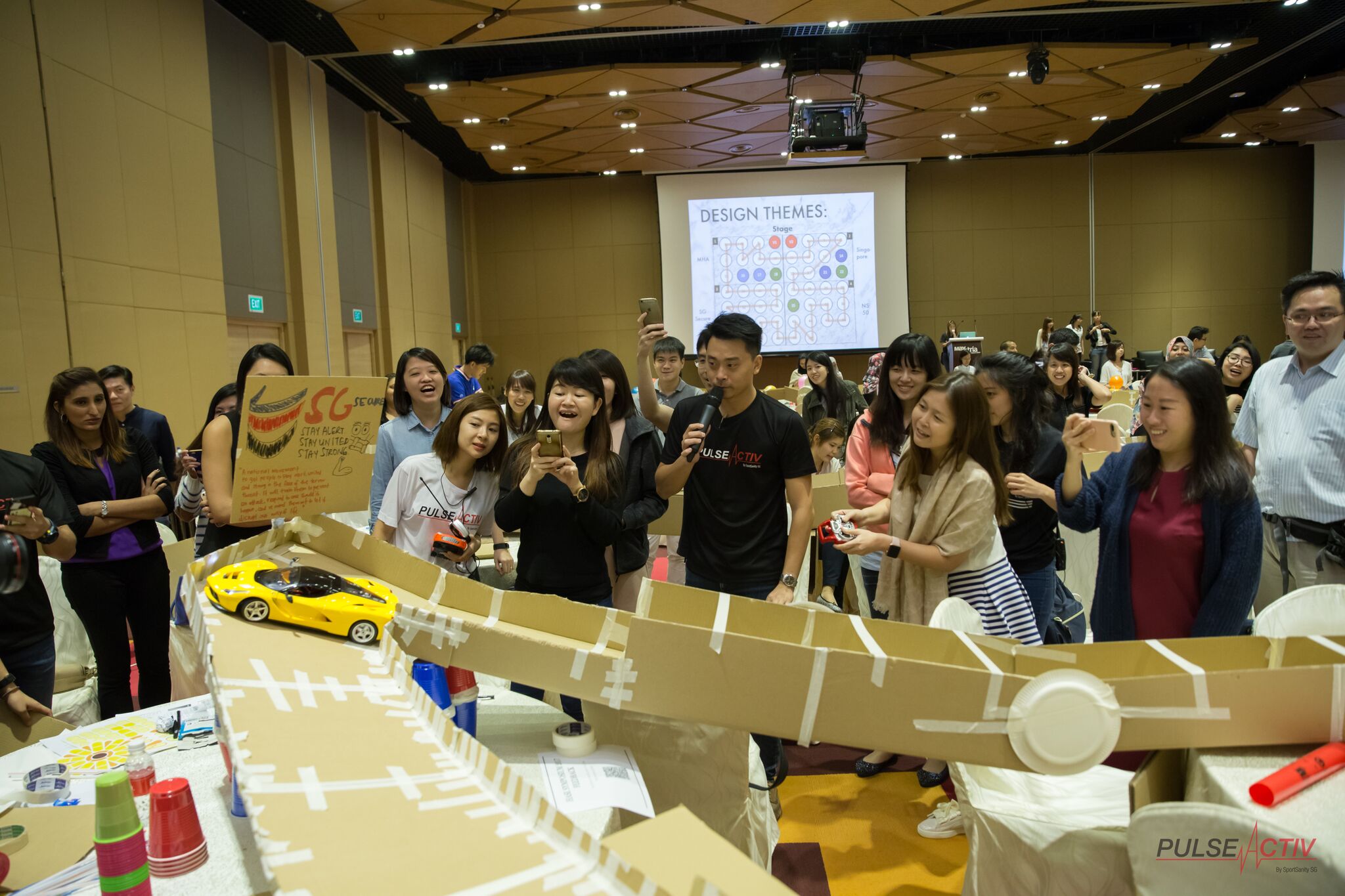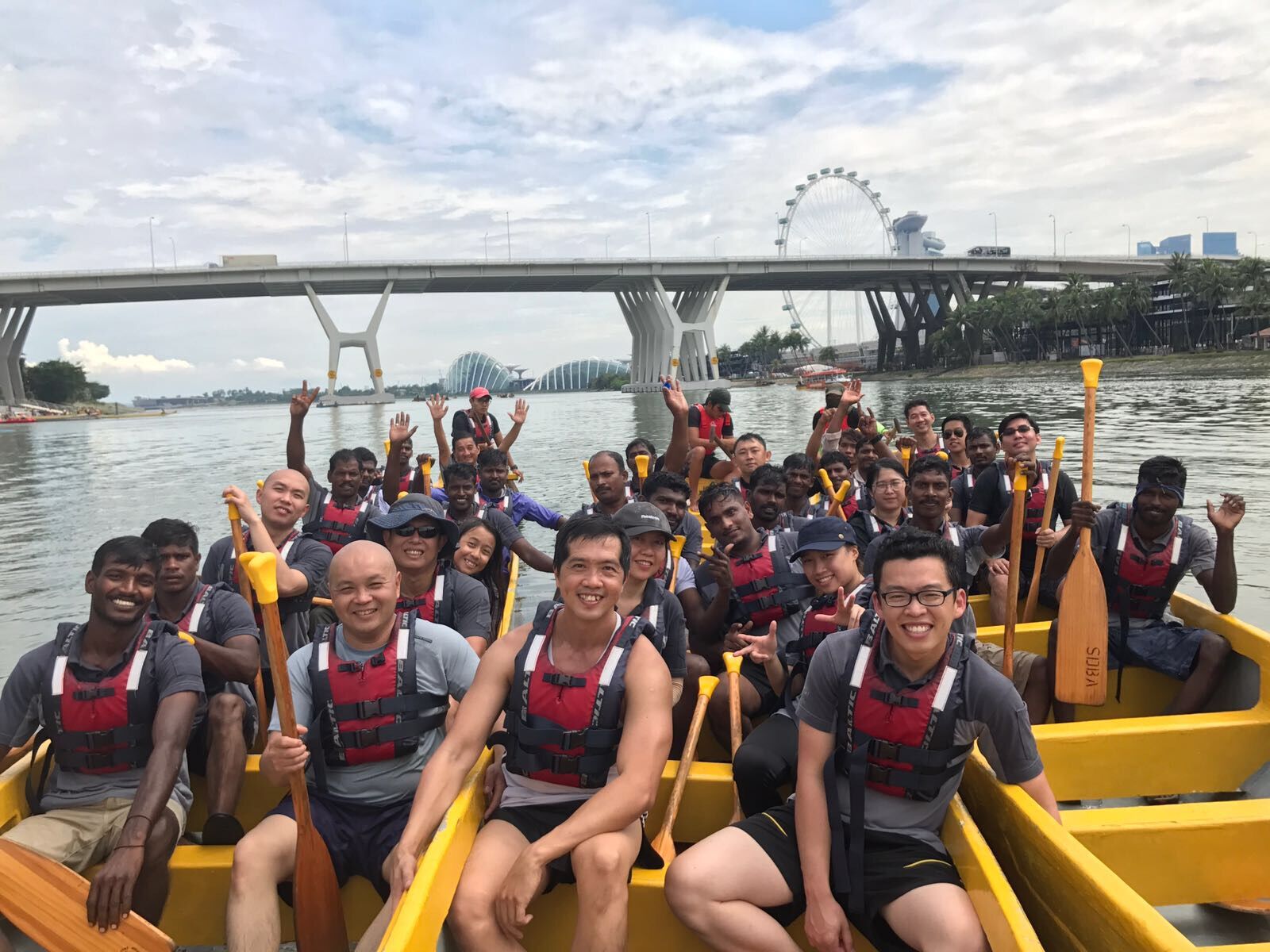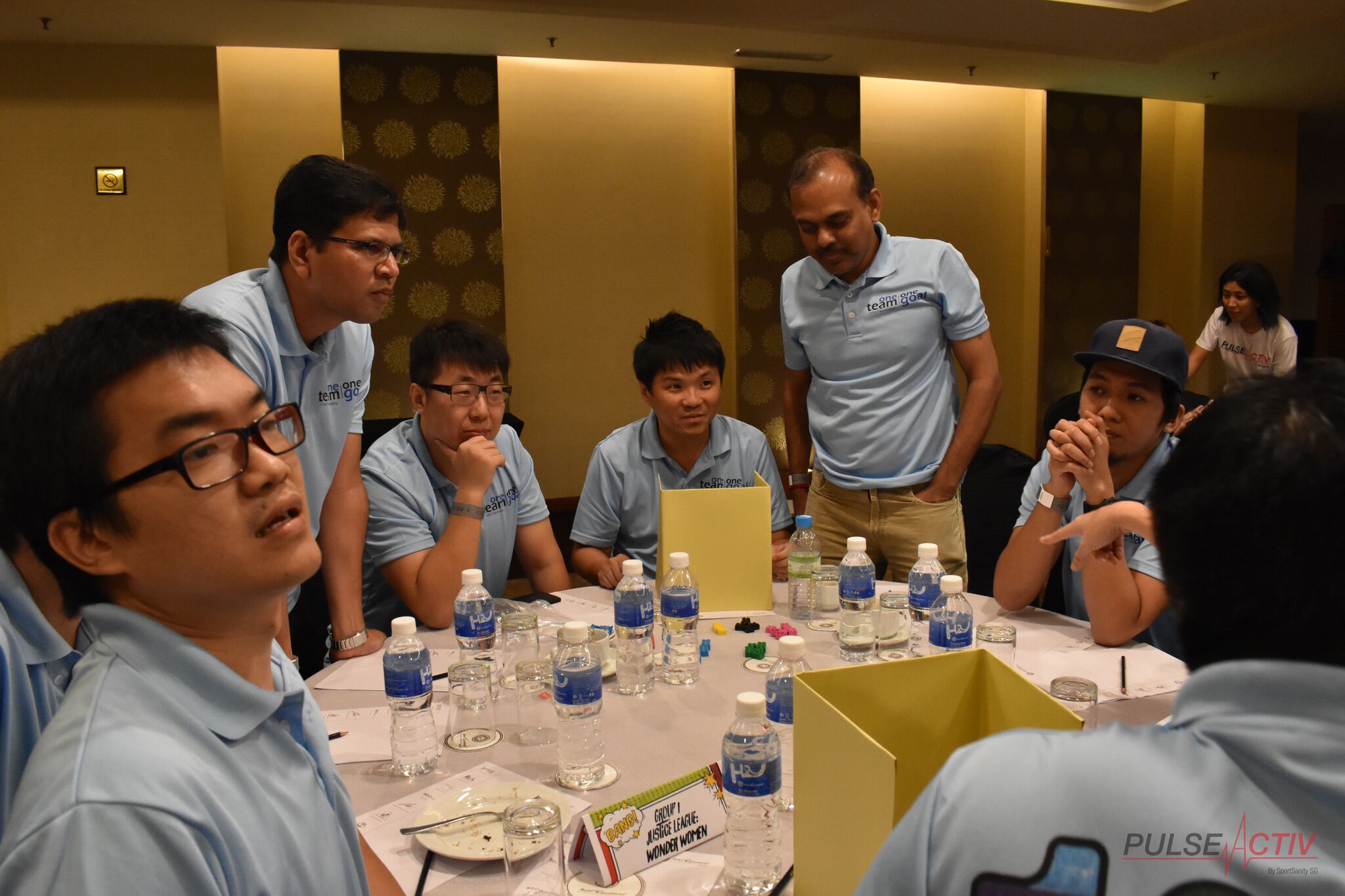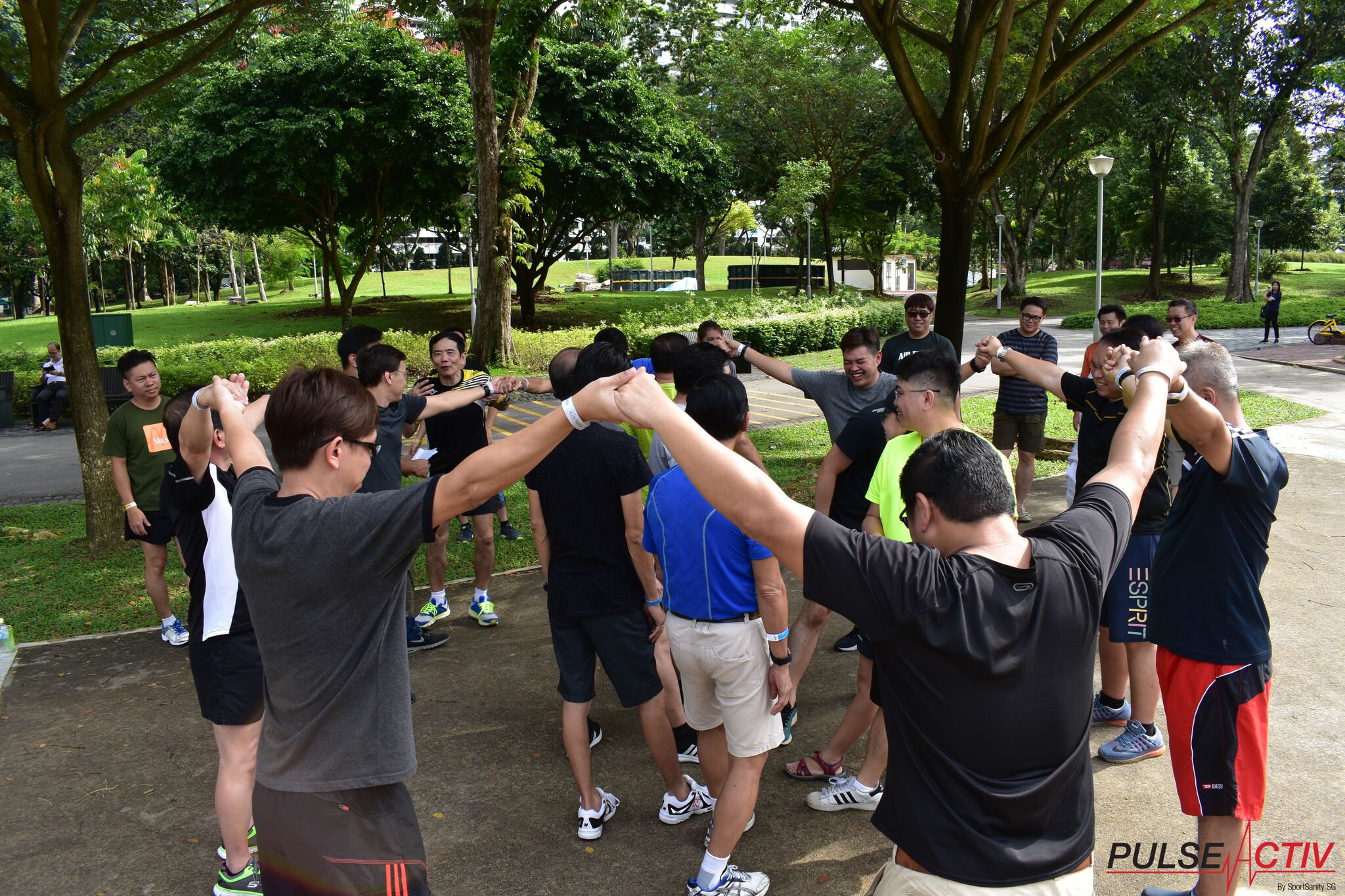The ROI of Team Building & How It Impacts Employee Morale and Productivity
In the competitive landscape of today’s workplace, organizations are constantly seeking ways to enhance productivity, boost employee morale, and foster a positive work environment. One often overlooked yet highly effective strategy for achieving these goals is investing in team building initiatives. While team building activities are often associated with fun and camaraderie, their impact extends far beyond mere enjoyment. In this article, we’ll explore the Return on Investment (ROI) of team building and how it positively influences employee morale and productivity within organizations.
Defining Team Building ROI
Return on Investment (ROI) measures the tangible and intangible benefits derived from an investment relative to its cost. In the context of team building, ROI encompasses various outcomes, including improved employee morale, enhanced collaboration, increased productivity, and reduced turnover rates. While the benefits of team building may not always be immediately quantifiable, they contribute to long-term organizational success and employee satisfaction.
Boosting Employee Morale
Employee morale refers to the overall satisfaction, motivation, and sense of well-being among employees within an organization. Team building activities play a crucial role in boosting employee morale by fostering a sense of belonging, camaraderie, and shared purpose among team members. By providing opportunities for social interaction, team building activities break down barriers, strengthen relationships, and create a supportive work culture where individuals feel valued, appreciated, and connected to their colleagues and the organization as a whole.
Enhancing Collaboration and Communication
Effective collaboration and communication are essential for achieving organizational goals and driving innovation. Team building activities promote collaboration by encouraging teamwork, problem-solving, and knowledge sharing among team members. Through interactive exercises, role-playing scenarios, and group challenges, team building activities enhance interpersonal skills, promote trust, and improve communication channels within teams. By breaking down silos and fostering cross-functional collaboration, team building initiatives create a cohesive and synergistic work environment where ideas flow freely and projects are executed more efficiently.
Increasing Productivity and Performance
A positive correlation exists between employee morale, teamwork, and productivity. Team building activities not only improve employee morale and collaboration but also contribute to increased productivity and performance within organizations. When employees feel motivated, engaged, and supported by their peers, they are more likely to demonstrate higher levels of commitment, creativity, and initiative in their work. Moreover, team building activities provide opportunities for skill development, leadership growth, and problem-solving, empowering employees to overcome challenges and achieve collective goals more effectively.
Reducing Turnover and Enhancing Retention
Employee turnover can have significant financial and organizational implications for businesses. High turnover rates disrupt workflow, decrease morale, and incur costs associated with recruitment, training, and onboarding. Investing in team building initiatives can help reduce turnover rates by fostering a positive work culture and strengthening employee engagement and loyalty. When employees feel connected to their team and organization, they are more likely to remain committed and satisfied in their roles, reducing the likelihood of turnover and enhancing overall retention rates.
Conclusion
In conclusion, the ROI of team building extends beyond mere monetary metrics; it encompasses enhanced employee morale, improved collaboration, increased productivity, and reduced turnover rates within organizations. By investing in team building initiatives, organizations create a supportive and inclusive work environment where employees feel valued, motivated, and engaged. Team building activities foster a sense of camaraderie, promote effective communication, and empower employees to collaborate, innovate, and achieve their full potential. Ultimately, the benefits of team building extend far beyond the bottom line, contributing to a culture of success, resilience, and continuous improvement within organizations. As such, team building should be viewed not as an expense, but as a strategic investment in the well-being and productivity of employees, driving long-term organizational growth and success.
To head back to read another article in our blog or for more tips on team building, click here.
